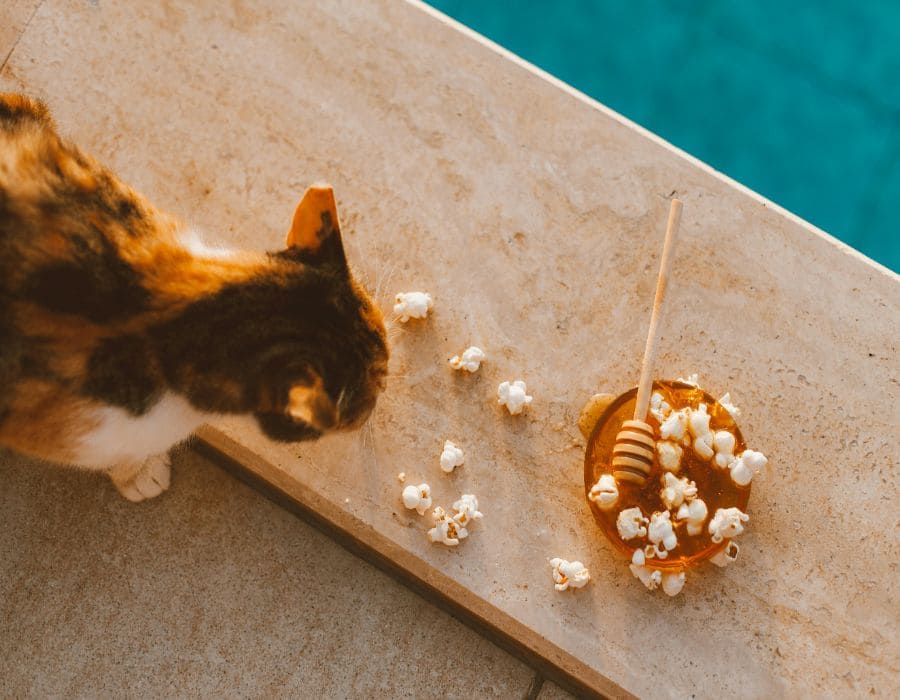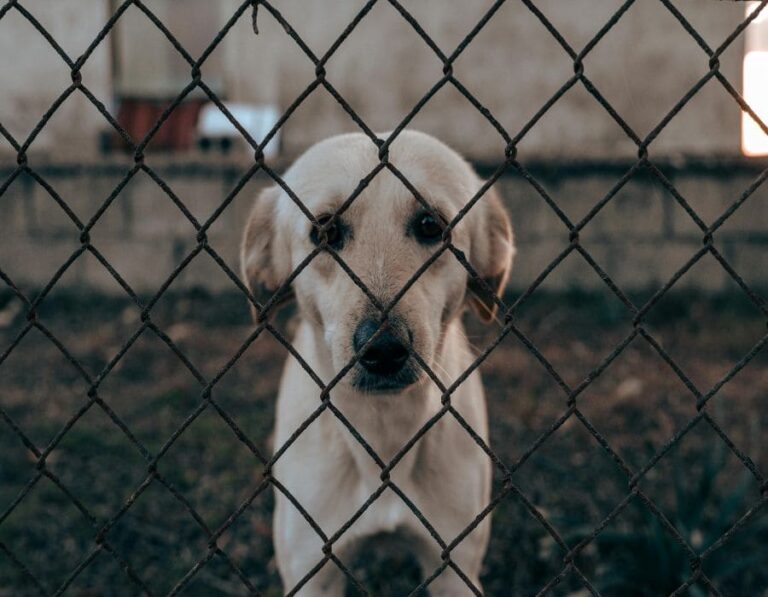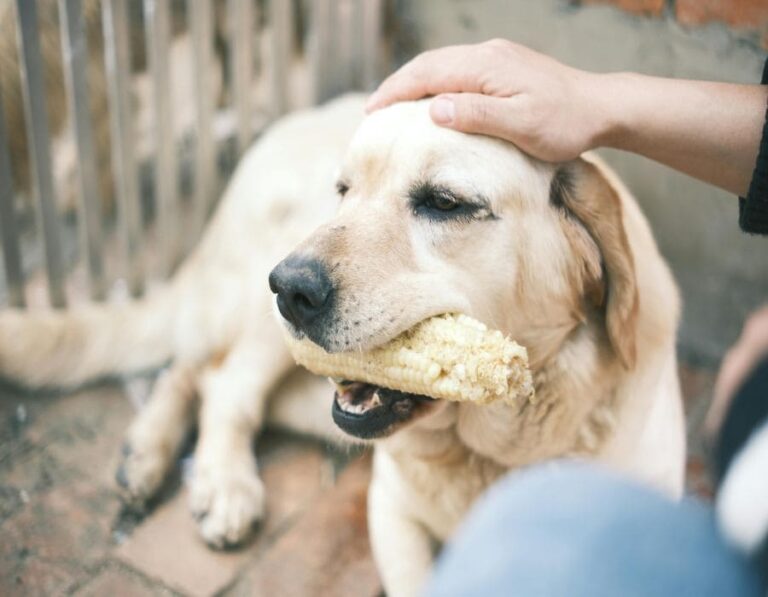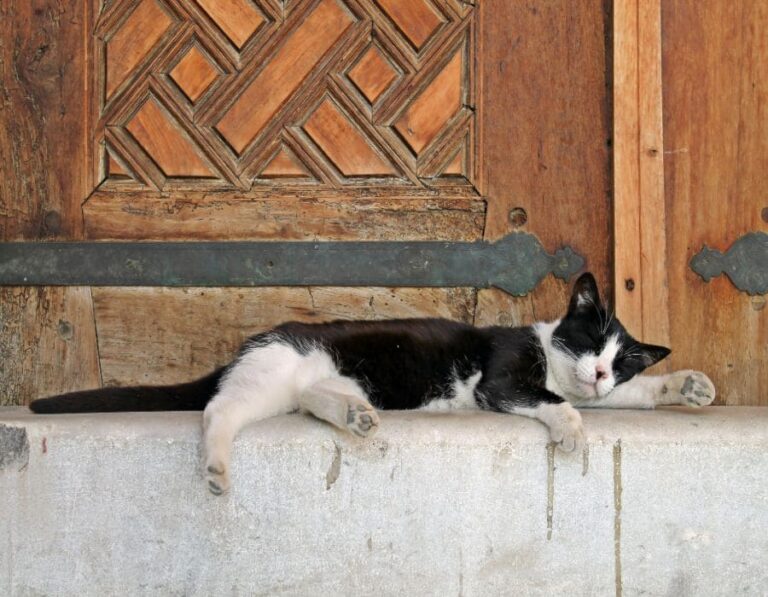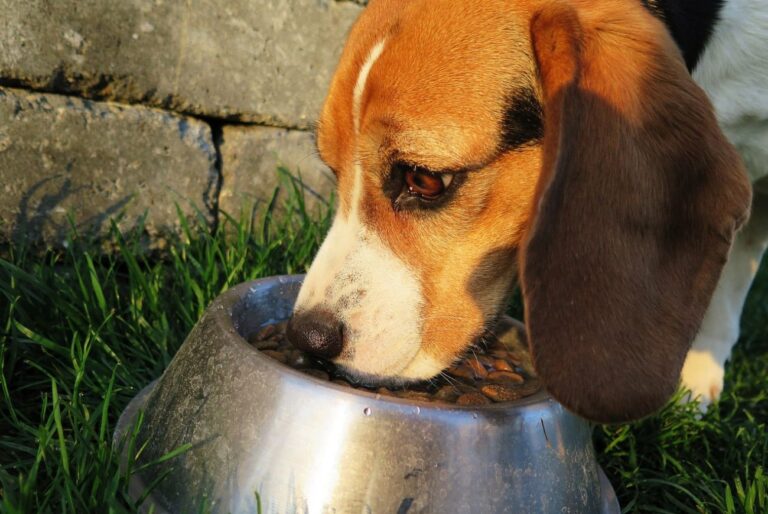12 Household Items That Are Dangerous to Cats
Cats are naturally curious and love to explore every corner of your home. However, many common household items can be toxic or harmful to them if ingested or interacted with. As a responsible cat owner, it’s essential to be aware of the potential dangers lurking in your home. Here’s a list of household items that are dangerous to cats, along with tips on how to keep your feline friend safe.
1. Chocolate

Chocolate contains theobromine, which is highly toxic to cats. Even small amounts can cause symptoms such as vomiting, diarrhea, rapid heart rate, and in severe cases, seizures or death. Dark chocolate and cocoa powder are especially dangerous because they contain the highest levels of theobromine. Make sure to keep all forms of chocolate—whether in baking supplies or as a treat—far out of reach of your cat.
2. Grapes and Raisins

Both grapes and raisins are known to cause kidney failure in cats. Even a small amount can result in symptoms like vomiting, diarrhea, loss of appetite, and lethargy. The exact toxin that makes grapes and raisins harmful to cats is still unknown, but it’s best to avoid feeding your cat these fruits altogether. Always be cautious when storing raisins or grapes in areas where your cat can access them.
3. Onions and Garlic
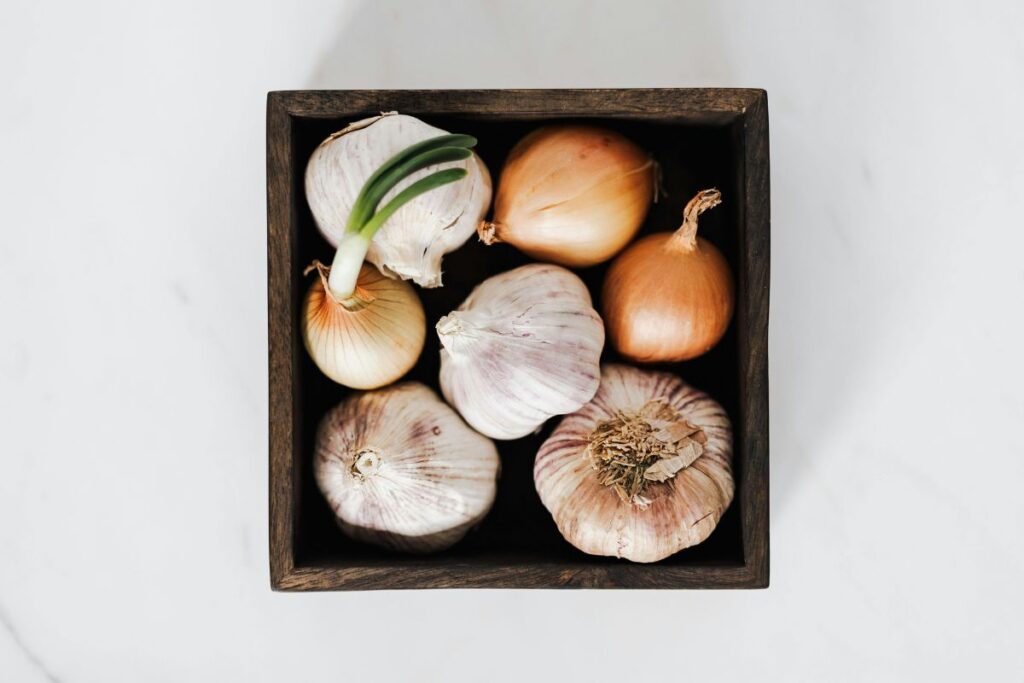
Onions and garlic, whether raw, cooked, or powdered, contain thiosulfates, which are toxic to cats. These substances can damage their red blood cells, leading to anemia. Eating even small amounts of onion or garlic can cause symptoms like vomiting, diarrhea, weakness, and lethargy. Be mindful of foods like soups, baby food, or cooked meals that may contain onion or garlic, and keep these items out of reach.
4. Xylitol
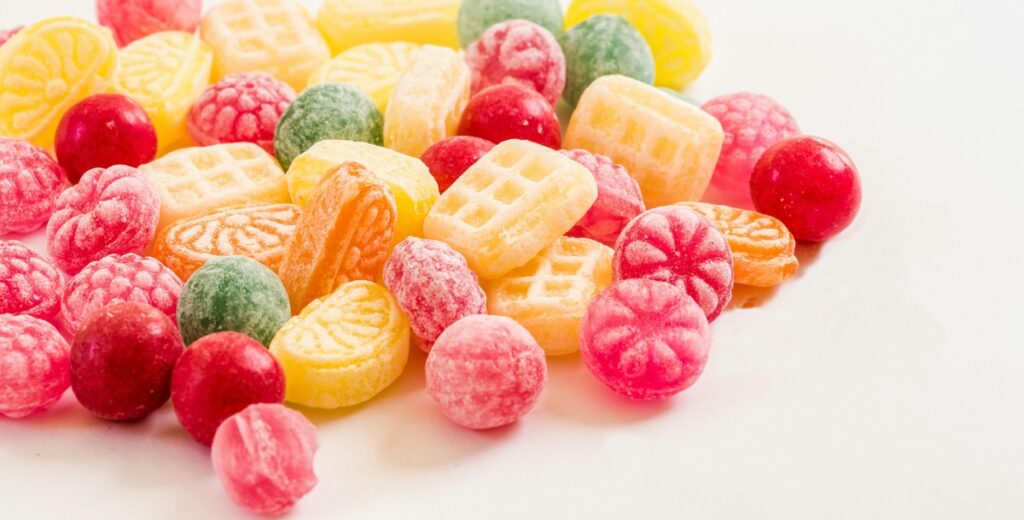
Xylitol, a sugar substitute found in sugar-free gum, candies, baked goods, and some toothpaste, is extremely toxic to cats. Even small amounts of xylitol can cause a rapid drop in blood sugar, leading to symptoms such as vomiting, loss of coordination, seizures, and liver failure. If your cat ingests anything containing xylitol, contact your veterinarian immediately. Always check ingredient labels and keep any products containing xylitol safely stored.
5. Caffeine

Caffeine, found in coffee, tea, energy drinks, and even chocolate, is toxic to cats. Cats are highly sensitive to caffeine, and ingesting even small amounts can cause symptoms like restlessness, rapid heart rate, tremors, and vomiting. Ensure that your cat doesn’t have access to caffeinated beverages, especially when you’re making your morning coffee or tea. Keep cups, cans, and containers out of your cat’s reach.
6. Alcohol

Even small amounts of alcohol are extremely dangerous for cats. Alcohol can cause vomiting, diarrhea, central nervous system depression, low blood sugar, and even coma or death in severe cases. Keep all alcoholic beverages, including beer, wine, spirits, and foods containing alcohol, away from your cat. Be cautious during holidays or gatherings where alcohol might be more easily accessible to curious cats.
7. Household Cleaners
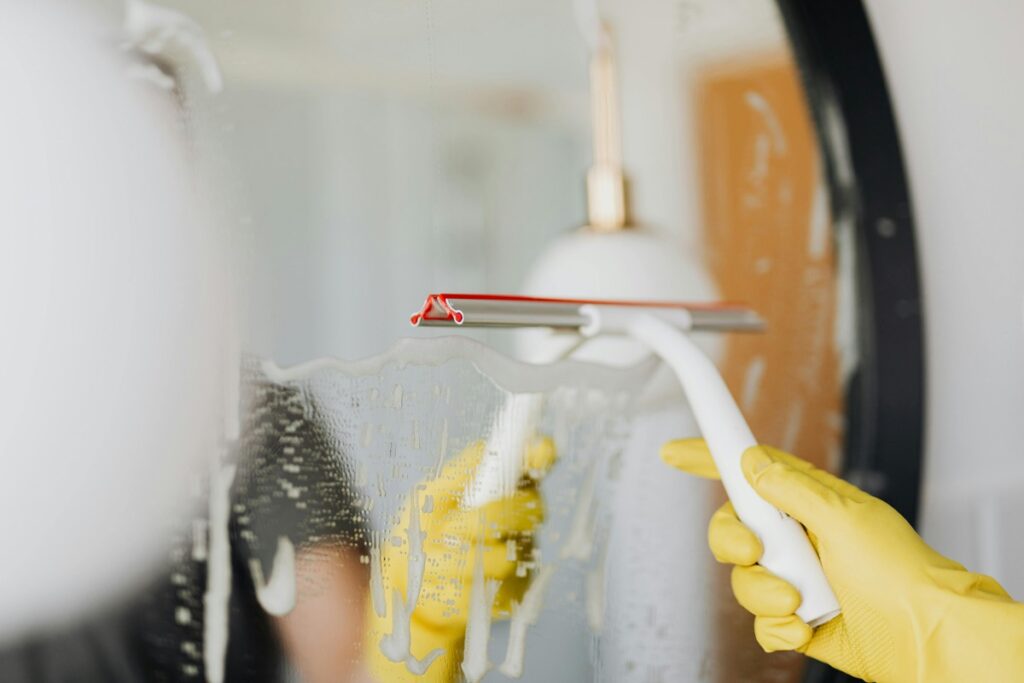
Many common household cleaners contain harmful chemicals that can be toxic to cats. Products like bleach, ammonia, window cleaners, and disinfectants can cause gastrointestinal upset, chemical burns, and respiratory distress if ingested or inhaled. Make sure to store all cleaning products in a locked cupboard or high place, and always thoroughly rinse surfaces after cleaning to prevent your cat from licking harmful residues.
8. Medications
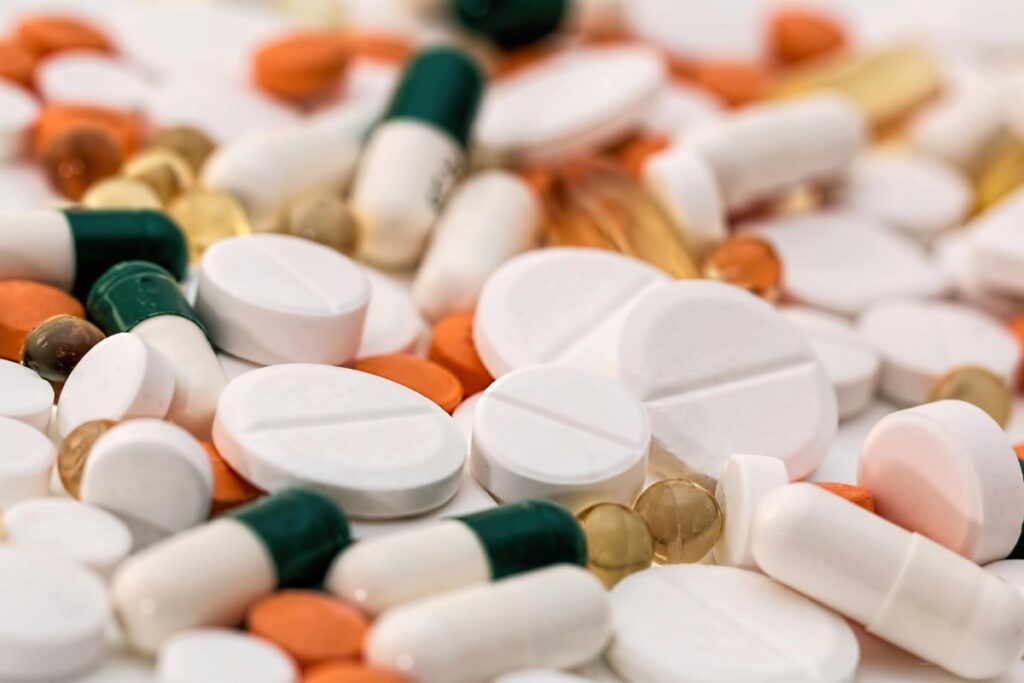
Many human medications, such as acetaminophen (Tylenol), ibuprofen (Advil), and aspirin, are toxic to cats. Even small doses can cause liver damage, kidney failure, and stomach ulcers. It’s important to keep all medications, including vitamins, supplements, and pain relievers, securely out of your cat’s reach. If your cat ingests any medication, it’s crucial to contact your vet immediately.
9. Raw Dough

Raw dough, especially dough containing yeast, can be dangerous to cats. When ingested, raw dough expands in the stomach, leading to bloating and gas buildup. The yeast in raw dough also ferments, producing alcohol, which can lead to alcohol poisoning. If your cat eats raw dough, it’s important to seek immediate veterinary care to avoid severe health issues.
10. Tobacco

Nicotine is highly toxic to cats. Cigarettes, cigars, and chewing tobacco contain nicotine, which can cause symptoms like vomiting, diarrhea, tremors, and seizures. Even the smallest amount of tobacco ingested by your cat can lead to poisoning. Make sure to dispose of cigarette butts properly, and keep all tobacco products out of your cat’s reach.
11. Mothballs

Mothballs, which contain naphthalene or paradichlorobenzene, are highly toxic to cats. Ingesting even a small amount of mothballs can lead to vomiting, diarrhea, liver damage, and anemia. If your cat ingests a mothball, it’s essential to contact your vet immediately. Avoid using mothballs in areas where your cat can access them, and choose safer alternatives for pest control.
12. Plants

Many houseplants are poisonous to cats, and some of the most common ones include:
- Lilies (especially Easter lilies) – Can cause kidney failure.
- Azaleas – Can lead to vomiting, diarrhea, and heart arrhythmias.
- Oleander – Extremely toxic, can cause heart problems and death.
- Dieffenbachia (Dumb Cane) – Causes oral irritation, swelling, and difficulty swallowing.
Be sure to research the toxicity of plants before bringing them into your home, and keep toxic plants well out of your cat’s reach. If your cat ingests any plants, contact your veterinarian for advice.
How to Keep Your Cat Safe
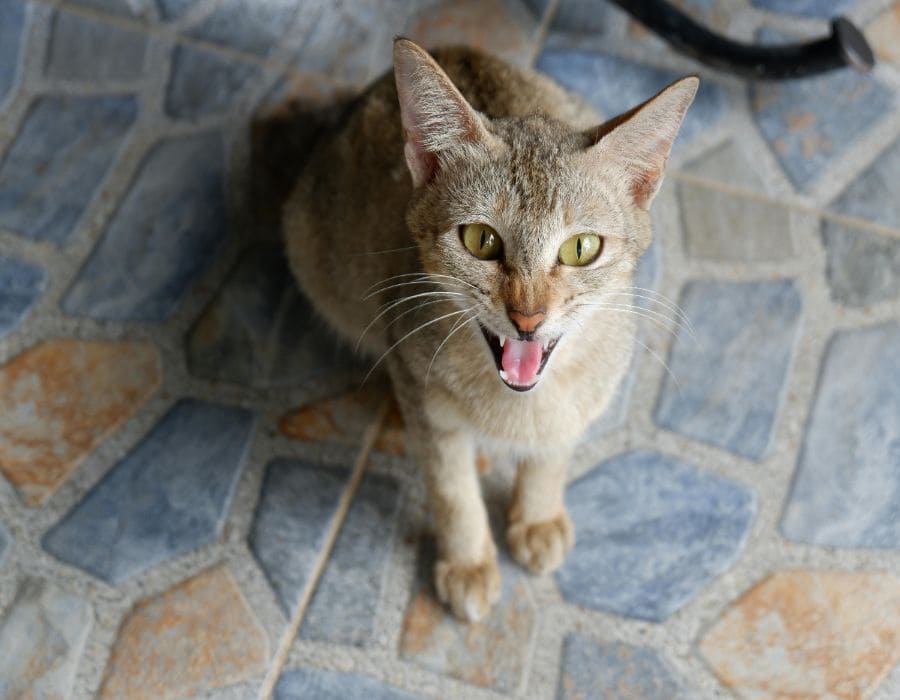
To protect your cat from harmful substances, here are a few helpful tips:
- Kitten-proof your home: Make sure that toxic items are stored securely and out of your cat’s reach. Lock away cleaning products, medications, and any food items that are harmful to cats.
- Educate family members: Let your household know which foods and products are dangerous for your cat, and be cautious when guests are around.
- Use pet-safe products: Opt for non-toxic cleaning products and avoid using plants that are known to be harmful to cats.
- Know the signs of poisoning: Symptoms of poisoning in cats can include vomiting, diarrhea, lethargy, drooling, and difficulty breathing. If you suspect your cat has ingested something harmful, call your vet immediately.
Conclusion
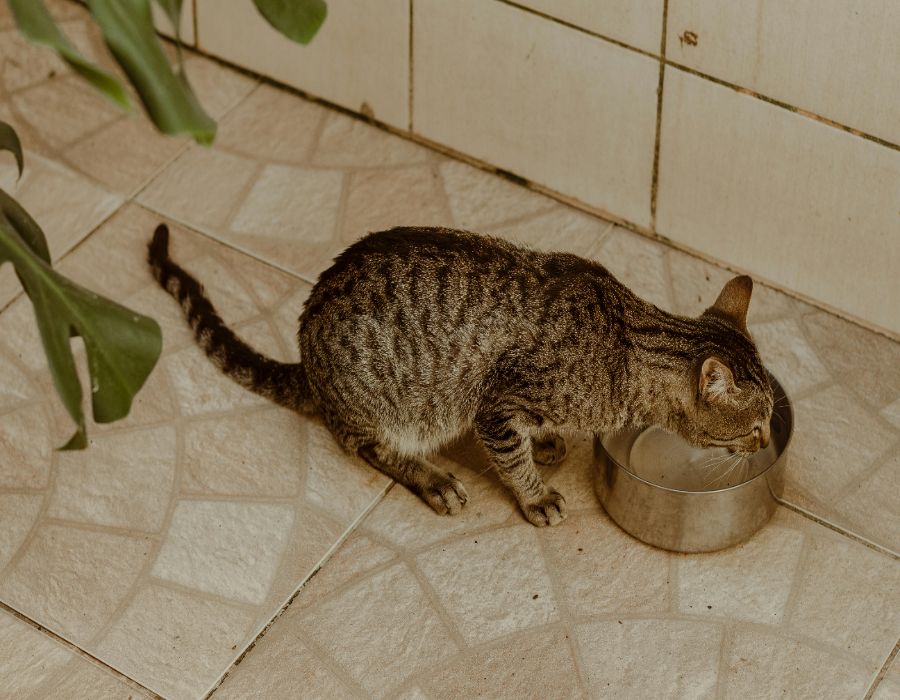
As a responsible cat owner, it’s essential to be aware of the common household items that can be poisonous to your cat. From chocolate and grapes to household cleaners and plants, many everyday items can pose serious health risks. By keeping these items out of reach, being vigilant about your cat’s environment, and providing safe alternatives, you can help ensure your cat lives a long, healthy life. If you ever suspect your cat has ingested something dangerous, seek veterinary care right away.

